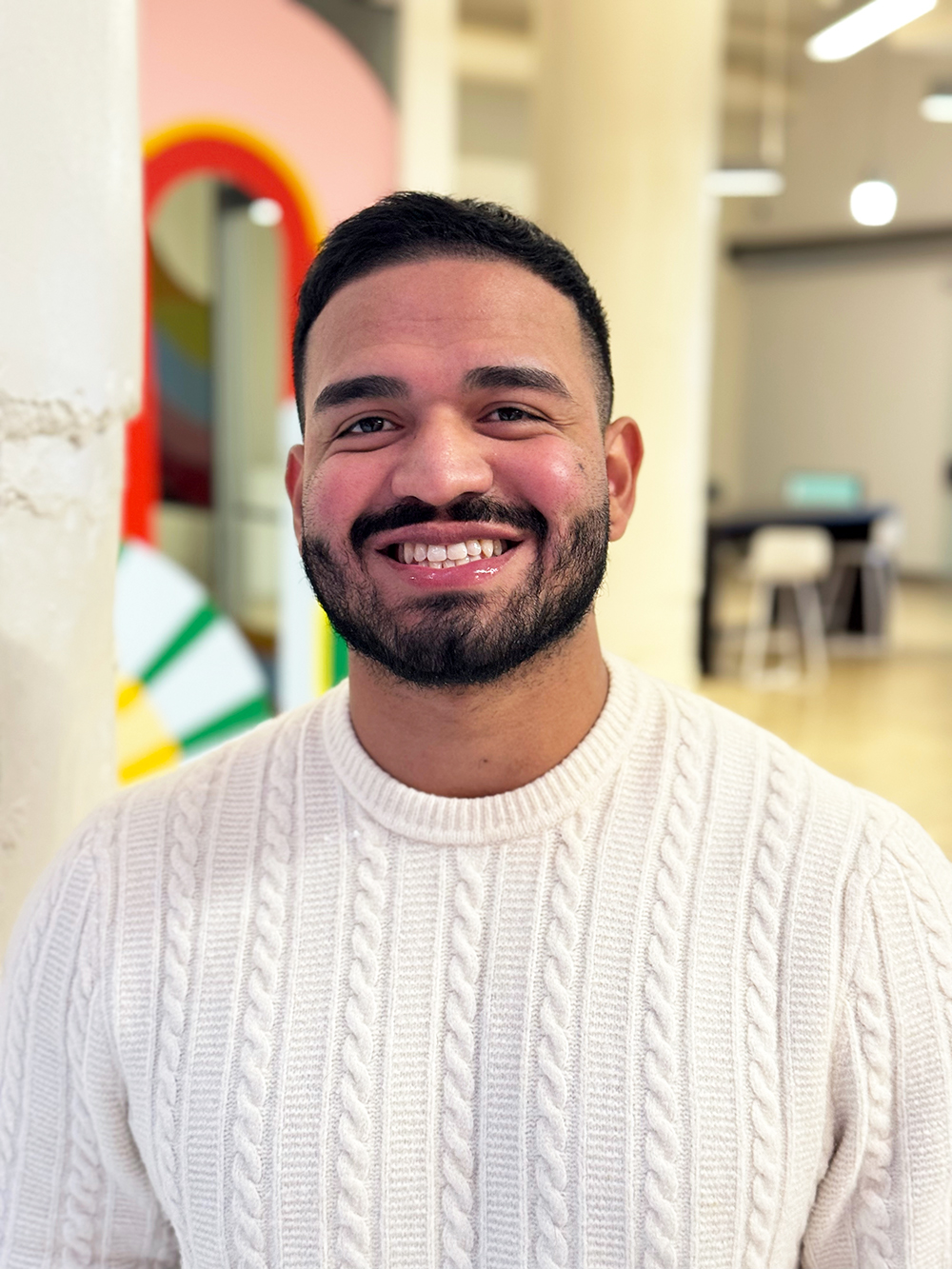Editor’s note: This is the first in a five-part series highlighting local immigrants and their contributions to Memphis.
With so much focus in Memphis on high crime and even higher rates of poverty, you could be forgiven for not realizing that our schools — both public and private — and our neighbors serve most of our residents remarkably well.
One such example, Dorian Canales, arrived in Memphis in 2005 when he was just 7 years old, and largely because of Memphis, he’s flourished. Indeed, as a kid fleeing the gangs of Tegucigalpa, Honduras, Memphis seemed like paradise.
His mother Oneyda arrived five years before Dorian, who traveled here with his aunt and cousins. Oneyda left Honduras shortly after Hurricane Mitch destroyed much of the north coast of the nation in 1998. Mitch wiped out 75 percent of the infrastructure of the country, decimating nearly all the agriculture in a country where the economy is agricultural dependent. Seven thousand Hondurans died.
Dorian remembers the long walk and innumerable jalones — hitch-hiked rides — from Honduras to Piedras Negras in Coahuila, Mexico (which borders Eagle Pass, Texas). “We crossed the Rio Grande there and I was afraid I’d drown. I was 7 years old and couldn’t swim.”
The migrants turned themselves over to U.S. authorities — seeking asylum from the gang violence and general mayhem in Honduras. They spent three days in detention and were released contingent upon a future court date. Dorian remembers very little, but recalls eating a bologna sandwich for the first time in the detention center. The boy was reunited with his mother in the Nutbush neighborhood of Memphis. She worked at McDonald’s and later as a painter with a commercial/home painting company. Dorian spent a lot of time with his aunt and cousins, who helped raise him during this time.
He was enrolled at Jackson Elementary School. At first, he felt isolated, so he formed a third-grade gang called the “Vatos Locos,” or The Crazy Dudes, ironically seeking comfort in the very structure that pushed him out of Honduras. This earned him a week’s suspension from school and a stern talking-to from the principal. “She told me I’d be deported if I continued my bad behavior.” His principal’s warning set him straight and he left the idea of life in a gang behind.
He spoke no English, but through his ELL classes (English-Language Learner) learned the language quickly. His changed behavior allowed him to win, in the fourth grade, an “accelerated reader award” based on the number of books read. He came to see that education, rather than the Vatos Locos, would help him excel. Next, at Kingsbury Middle School, Dorian joined the art and theater club, learned to play a musical instrument, and played on the soccer team. “I wanted to be at school; there was more to do there than at home and so I jumped into all aspects of Kingsbury and made friends because I’m essentially an extrovert.”
It was at Kingsbury Middle where he met Erin Myers, his algebra teacher, who changed his life. In 2012, thanks to her support, he applied to CBHS (Christian Brothers High School) and was admitted. CBHS represented a new world for Dorian: Nutbush was essentially Latino, African-American, and under-resourced; CBHS was white, affluent, and Catholic. “I struggled socially in this new world, but realized I had an opportunity to grow there.”
He seized the opportunities at CBHS, joined the marching band, played soccer, and focused on academic subjects. But when he returned to his neighborhood, he bolted toward Streets Ministries, which was his home and refuge during these years. As graduation from CBHS approached, Ms. Myers stepped in again, helping Dorian apply to college. He was accepted to Rhodes College, but lacked funds for tuition and, as a DACA recipient, was ineligible for all federal financial aid. Myers set up a GoFundMe that raised $10,000, and Dorian began to think that Rhodes might be an option.
Fortunately, the GoFundMe campaign caught the attention of Rhodes, and Dorian was admitted as a Bonner Scholar — a program that offers full tuition discount in exchange for community service in our city. Dorian graduated from Rhodes in May 2020 and distinguished himself as a student of economics. He was fully immersed in the campus culture, working at outreach to underserved students in Memphis public schools, helping convince them of the benefits of college and furthering their education.
Dorian has forged ahead with optimism, grace, and determination without focusing too much on the tenuousness of his DACA status. A future president’s strike of a pen could lead to his deportation. Presently, he works in commercial banking at JPMorgan Chase. He has a passion for teaching and giving back to kids like himself, yet continues working in finance: “You know, I have to earn money because I’m essentially the retirement plan for my parents.”
The gangs of Honduras never grabbed Dorian Canales. Our schools, plus mentors, family members, and funders — and JPMorgan — have held onto Dorian. It’s worth remembering, despite shortcomings and struggles, our institutions, this community, and people like Dorian Canales continue to make Memphis great.
Bryce W. Ashby is an attorney at Donati Law, PLLC. Michael J. LaRosa is an associate professor of history at Rhodes College.
